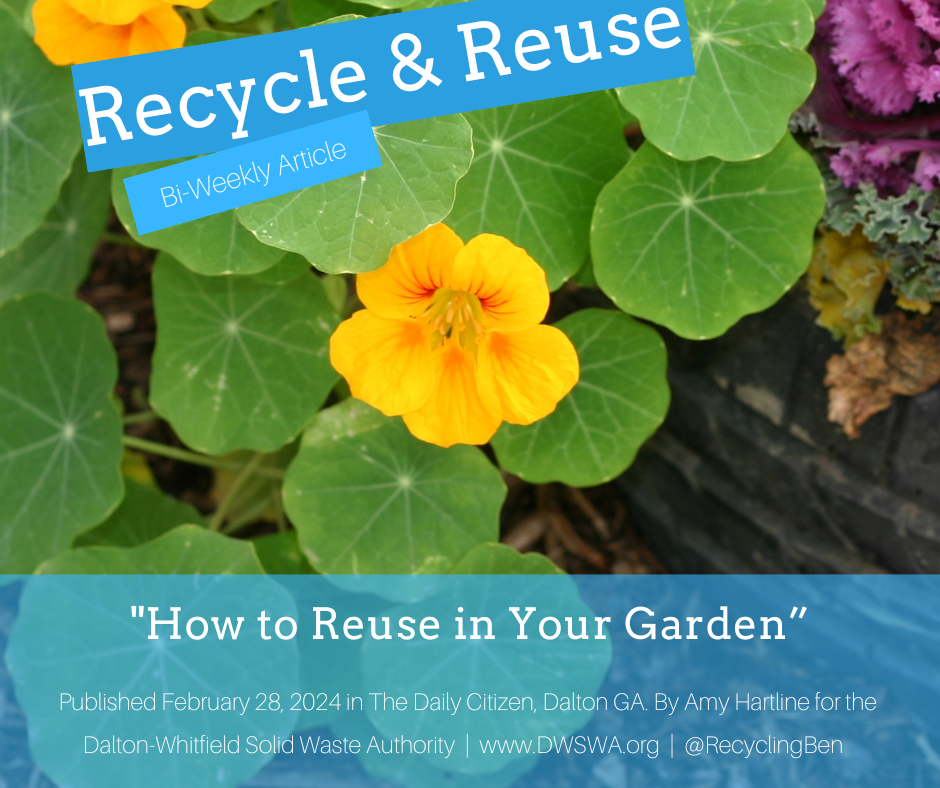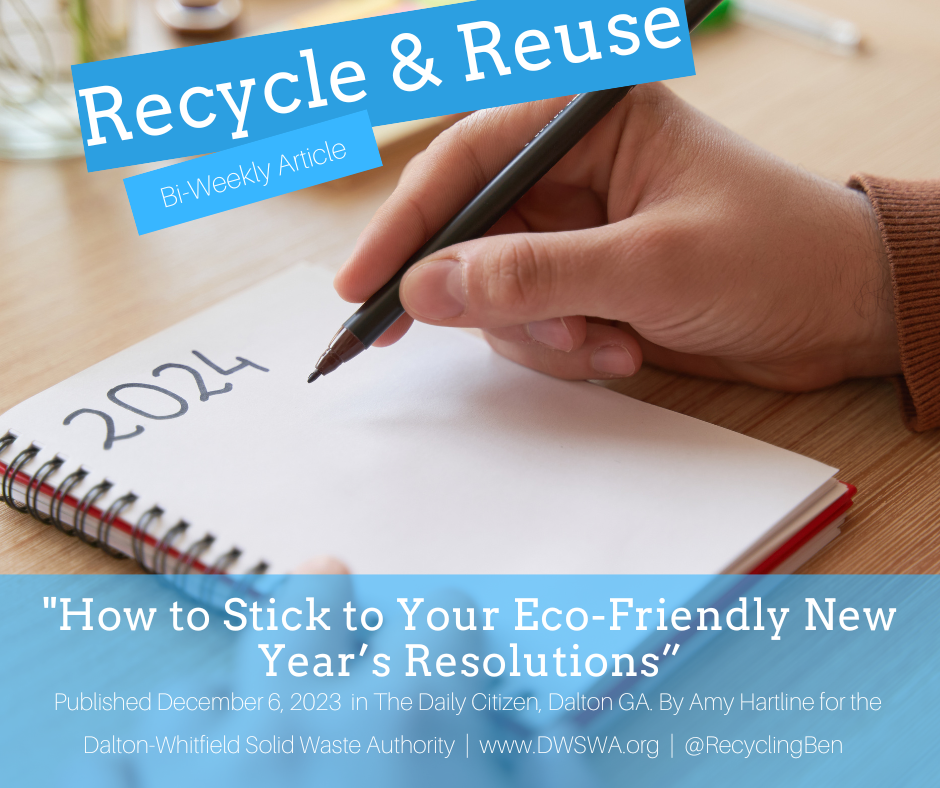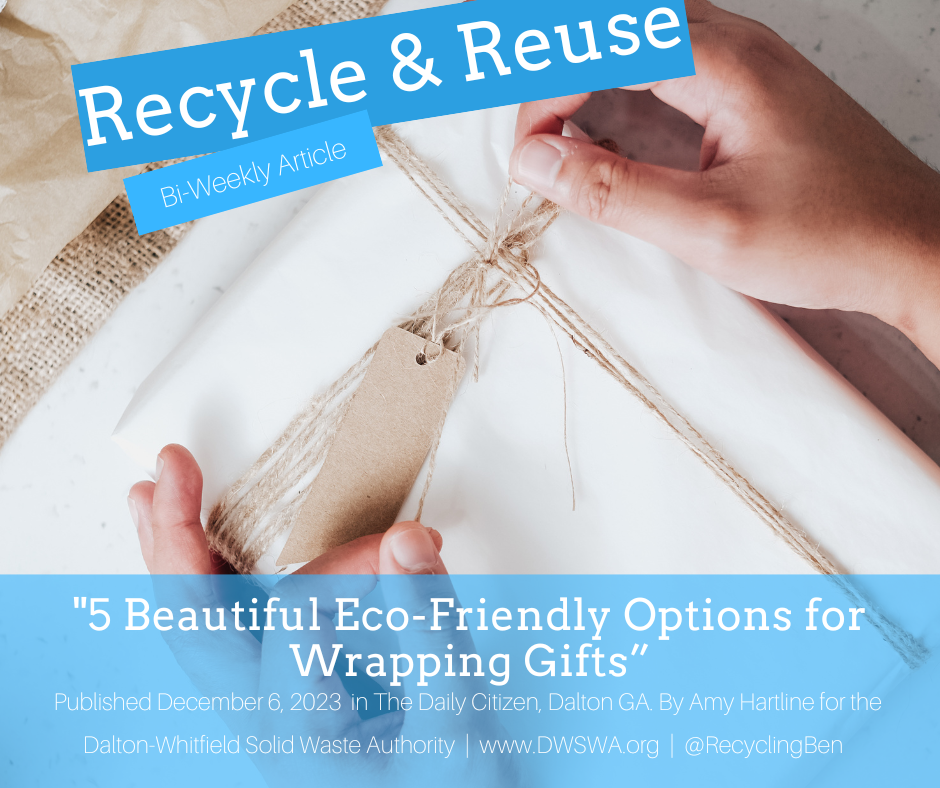Slowing Down for Sustainability
/In planning my vacations for this year, I realized what I really wanted was to slow down and take time to breathe and relax. Many of you can relate to this feeling of everything being too busy, too fast, and, simply, too much. While, the idea of running away to a cabin for a week in a place that has no cellphone signal still sounds great there is a movement called “slow living” that everyone who struggles with those same feelings I have may benefit from lifelong and every day, not just during vacation.
Slow living is a lifestyle that focuses on simplicity, mindfulness, and connection to the natural world. It holds to the idea that by slowing down and simplifying our lives we can have ones that are more meaningful and fulfilling. It often aligns well with the goal of reducing our impact on the environment as well. By focusing in on what is important to us, the way we should live day to day becomes clear.
Especially after the holiday season, we can easily notice how much we consume. All of the ads, emails, and texts that we see all day long tell us we need more, but the slow living mindset encourages us to reject the focus on consumerism. Instead, it encourages focus on things that can truly make us content such as our relationships, our health, and our connection to the natural world. By decreasing how much we consume, living in this way significantly decreases our ecological footprint and our dependence on non-renewable resources that are quickly being eliminated.
Practice living mindfully. Mindfulness is about being present in the moment and being aware of your thoughts, feelings, and surroundings and accepting them. You can do this by focusing on including habits in your life such as meditation, breath practice, or a gratitude journal. By introducing mindfulness to your life, you can become more aware of what is truly important and think through your daily choices more carefully. It also leads you to an appreciation for your life and every aspect of it.
One of the facets of slow living is focusing on your local environment. This means supporting local farmers, artisans, and other small businesses when possible. For instance, in the summer you can visit the Dalton Farmer’s Market for local goods and year-round you can visit many locally owned shops. You can also look for goods such as meat, blueberries, or even pet treats on georgiagrown.com. This practice helps connect us to our community and build relationships with those around us. Additionally, it reduces the distance that are food and goods have to travel to get into our home, cutting back on our use of gas.
Spending time outdoors is a key aspect of slow living. How you do this is up to you. It could be through gardening, hiking, or hunting. Many studies have shown positive benefits to spending time outdoors on our physical and mental health. It can help us consider our place in the ecosystem and the importance of living in harmony with the natural world. It teaches us about patience and encourages us to enjoy our present moments.
Slow living isn’t about giving up much of what you own or the luxuries and comforts of modern life. It is about being intentional about the choices we make. We simplify our belongings and home by decluttering items we no longer use and refusing to bring unneeded or unloved items into it. This makes daily tasks easier as clutter doesn’t get in the way and cleaning faster as there is less of it to do. We simplify our daily life by prioritizing what relationships, responsibilities, and joys are most important to us and letting go of what isn’t. Finally, it is about creating a peace in your life and your heart. This peace, brought about by mindfulness practice and time in nature, helps us connect to ourselves and our desires easier. Combined, these aspects of slow living can create a meaningful and peaceful life and perhaps one where we feel the need to get away less though I still wouldn’t mind some time in a cabin in the woods this year.
Amy Hartline is the recycling and education program coordinator for the Dalton-Whitfield Solid Waste Authority. Have a recycling question? Contact her at (706) 278-5001 or ahartline@dwswa.org.
































